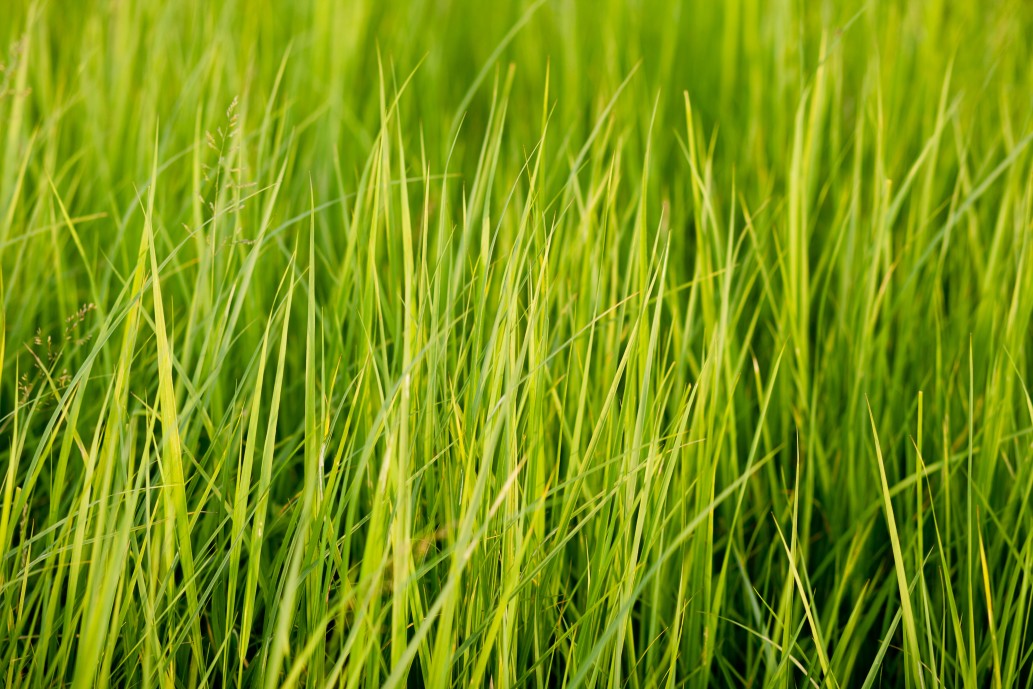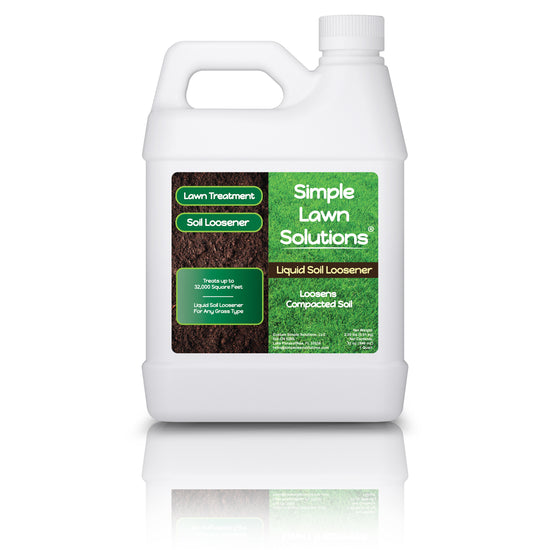A happy, healthy lawn can do wonders for your home’s curb appeal. If mowing and occasional watering are not giving you that lush, green oasis you want, perhaps you need to understand your grass type better.
Today we’ll be learning about Kentucky bluegrass and what lawn care steps you can take for healthy turf that the whole neighborhood will envy.
Kentucky Bluegrass 101
The first step to excellent lawn care is understanding your grass type to better care for it. You don’t have to live in Kentucky to have this cool-season grass - Kentucky bluegrass is a medium-textured, bluish-green grass with boat-shaped leaf tips. This grass is native to Europe and North Asia.

The name comes from its color being so dark green that it almost appears blue. If the blades' physical appearance doesn’t give it away, here are some other ways to tell if you have Kentucky bluegrass:
- Spreading growth habit
- Folded new and young leaves
- Presence of rhizomes, or underground shoots
- Heavy thatch producer
- Prominent in areas with average summer temps in the low to mid-80s
Kentucky bluegrass is unique to other cool-season grasses because it grows best with full, direct sunlight and has thick, durable grass blades.
Liquid Fertilizer for Lush Grass
Kentucky bluegrass flourishes in a fertile landscape. Try going liquid for easy application and quick results. This grass should undergo fertilization at least twice a year: in the spring and the fall. This grass is tough, but not invincible.
 With liquid fertilizer, you distribute nutrients to the root of grass blades, allowing penetration through the soil. Soil health will directly impact the state of your grass blades.
With liquid fertilizer, you distribute nutrients to the root of grass blades, allowing penetration through the soil. Soil health will directly impact the state of your grass blades.
Forget about spreading equipment - you can apply liquid fertilizer to your lawn in a uniform application. With a quick attachment to your garden hose, you can start using liquid fertilizer today!
What About Watering Grass?
Along with liquid fertilizer and aeration, proper lawn watering will give you happy and healthy Kentucky bluegrass. This grass has a shallow root system and requires plenty of water in the summertime to avoid drought.

When watering your lawn, you want to consider the amount of water your grass is receiving. It’s also crucial to take into account the time of day you are watering your yard. Watering should occur in the morning when the air is cooler or at least before the sun is at its hottest to avoid loss from evaporation.
Kentucky bluegrass does require plenty of water. Depending on the season, you should be watering your Kentucky bluegrass 1-2 inches per week with more water needed in the hotter months.
These grass care techniques, along with as much sun as you can provide, will result in prospering Kentucky bluegrass.
Other Cool Season Grasses
Kentucky bluegrass stands out against traditional cool-season grasses. Cool-season grasses grow at a higher rate in a climate that is between 60-70 degrees Fahrenheit but also do well in mixed climates.
They are characterized by a slower growth rate during the summer months and can withstand harsh winters.
Some other types of cool-season grasses include ryegrass, bentgrass, and tall or fine fescue. You can learn more about cool-season grasses as well as warm-season grasses here.
Whether you’re looking to nurture your Kentucky bluegrass or care for another grass type, we are here to help you make the most out of your lawn care routine.










2 comments
Hello Bill, thank you for your comment. Please send us an email at hello@simplelawnsolutions.com and our lawn care experts will reply to you with a custom recommendation based on your lawn!
I’m in Philadelphia and I babe tall fescue lawn. I have pu on milorginite . Liguiid iron and 8-1-8 xgrn. I’m interested in trying some of your products. At this time of the year what do you suggest if anything?